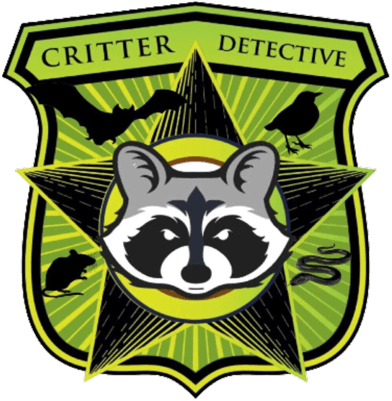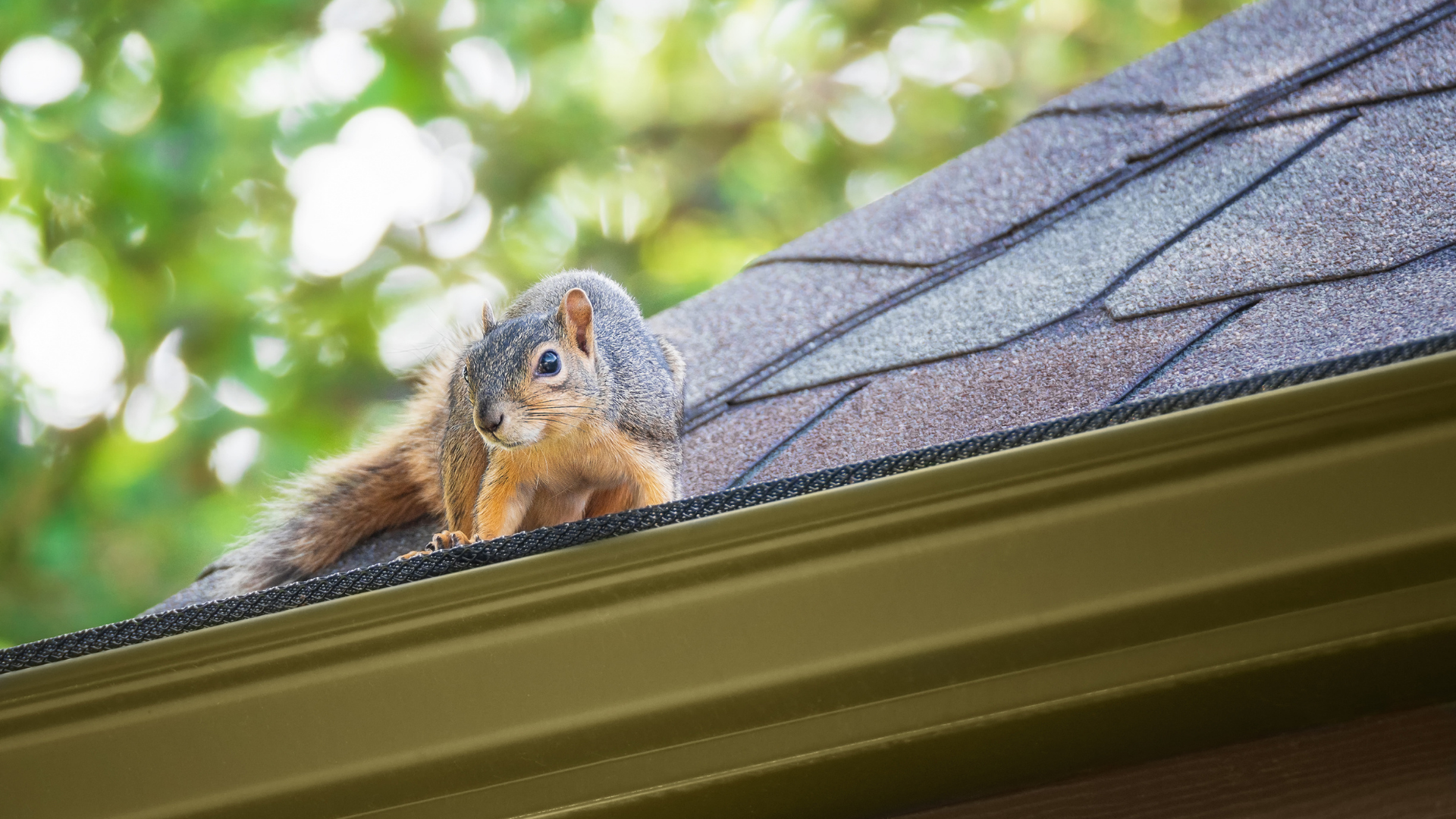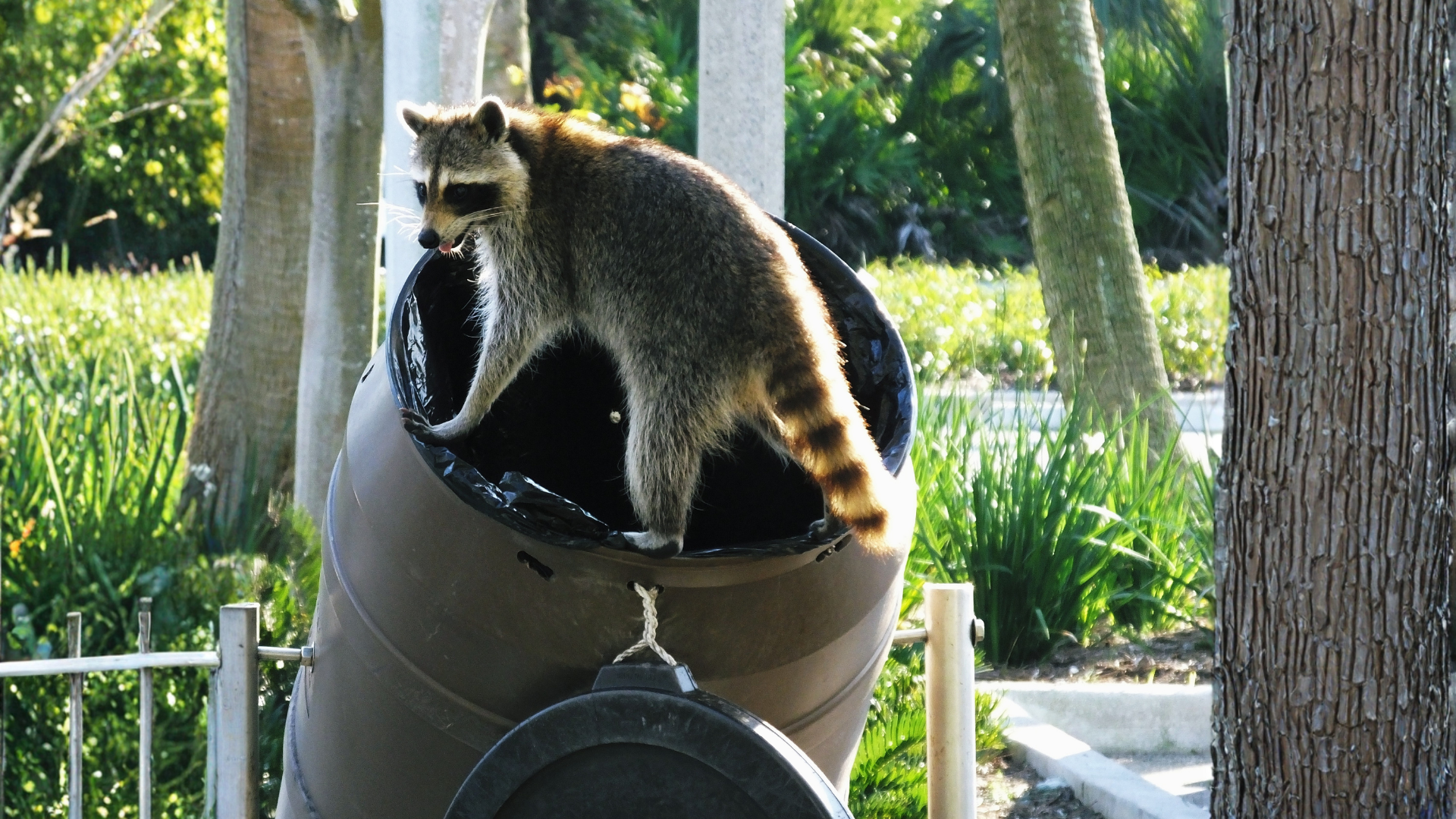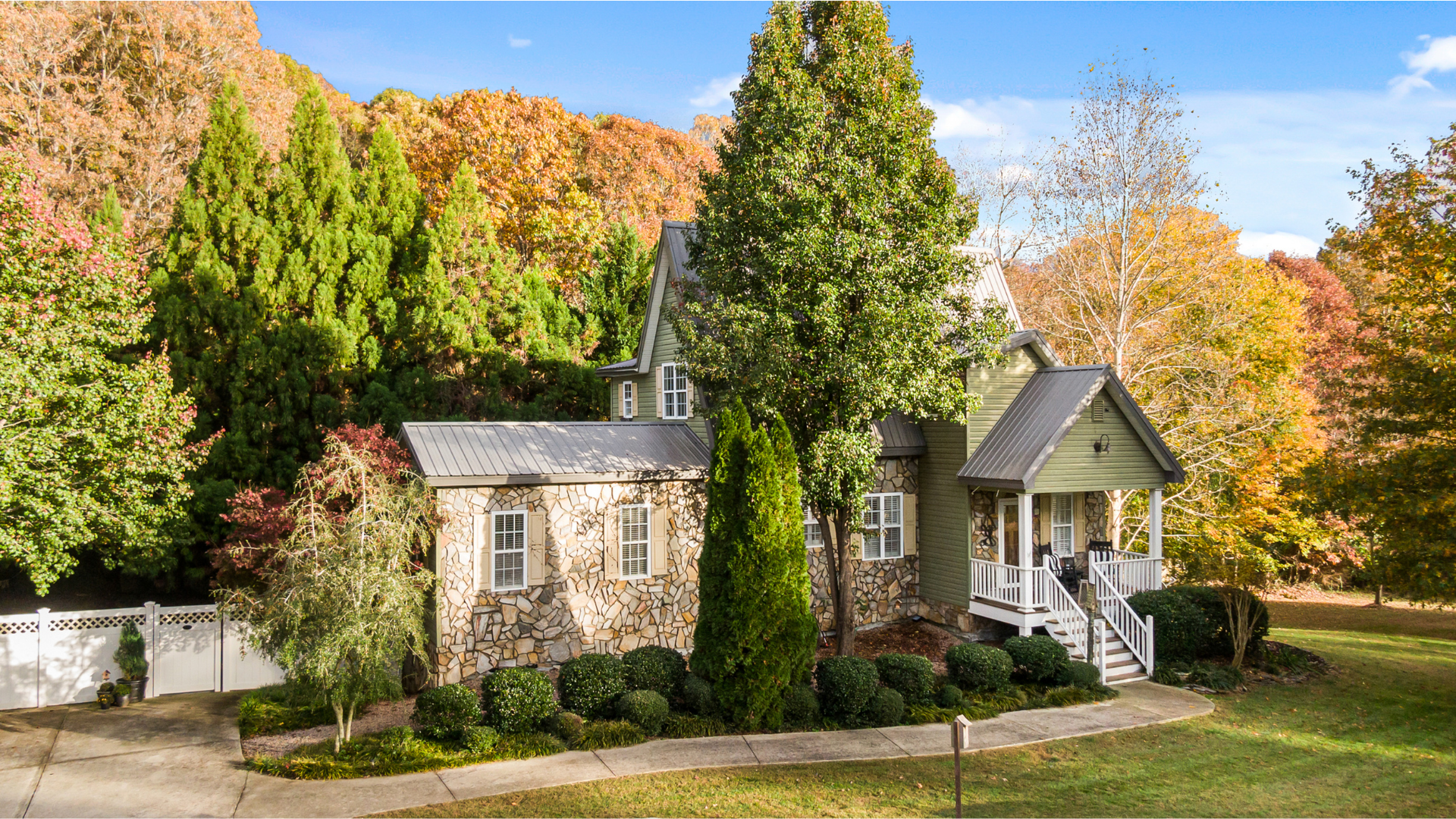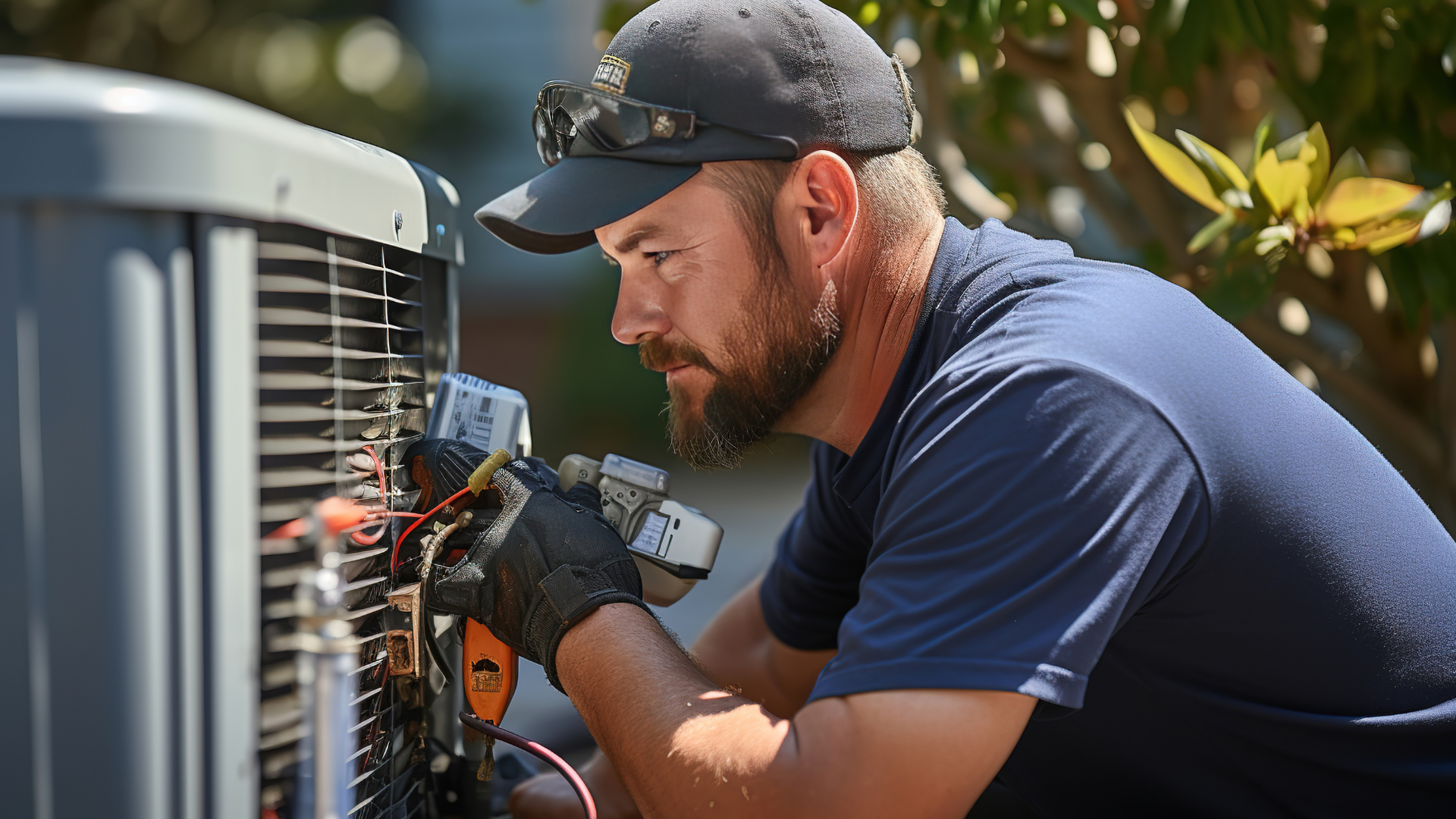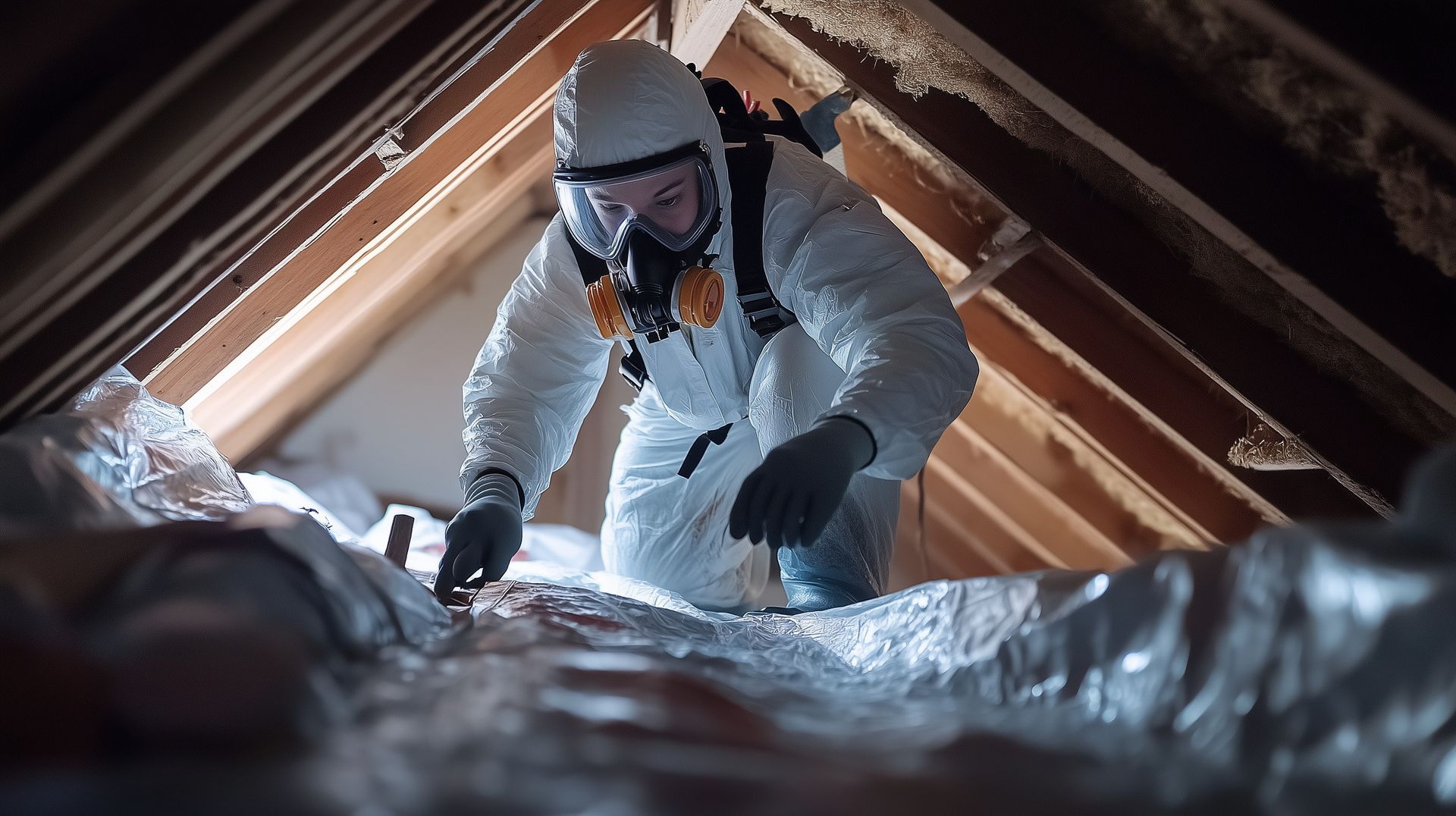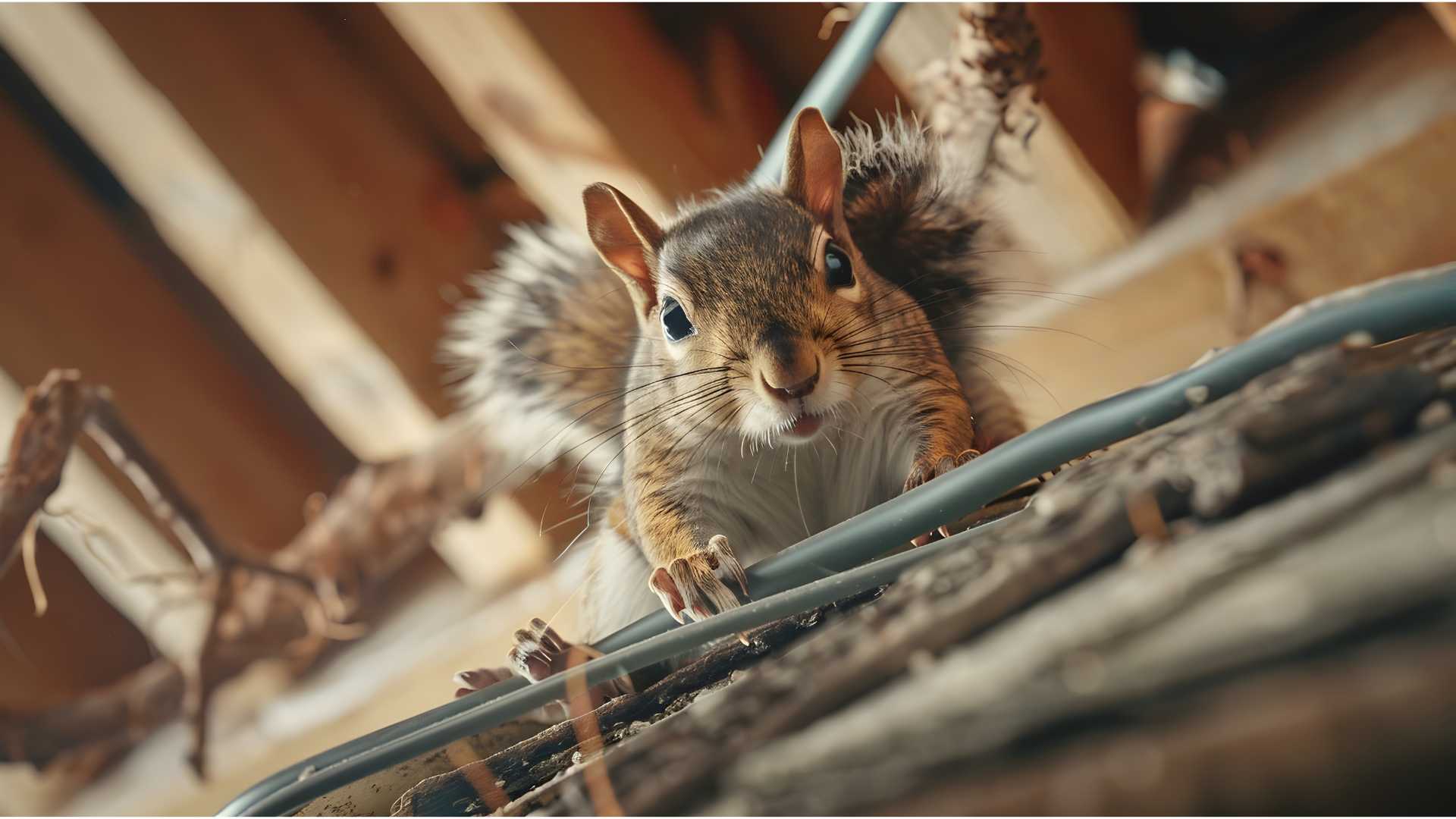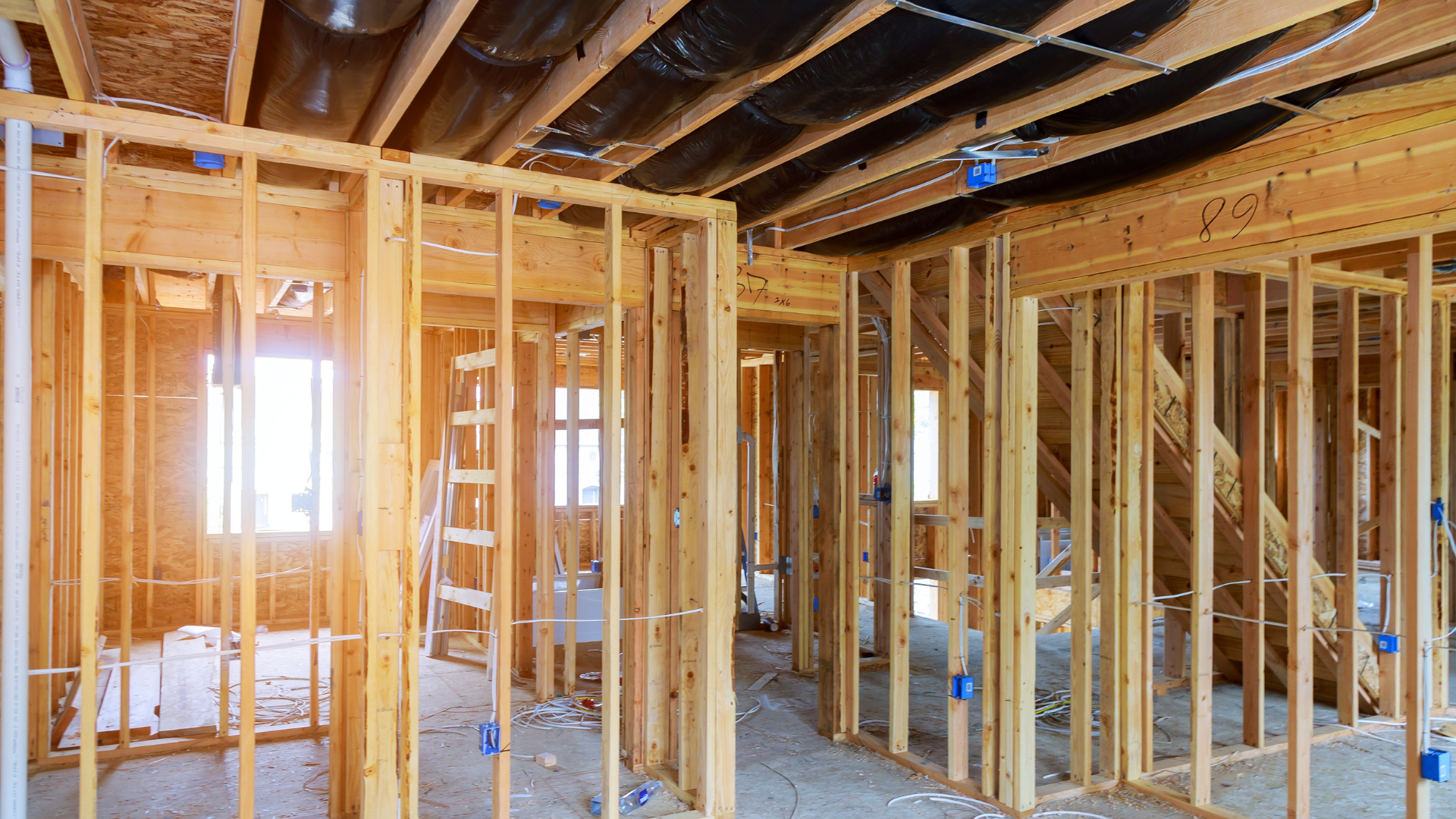Removing Dead Animals From Your Property
DIY Dead Animal Removal
We often encounter homeowners who believe they can handle dead animal removal on their own. We understand the impulse to save money and tackle problems head-on, but this is one area where professional help is not just beneficial: it's crucial.
Health Risks and Legalities in Handling Deceased Wildlife
Dealing with deceased wildlife poses significant health hazards. When animals pass away, their bodies become breeding grounds for bacteria and viruses. Handling them without proper safety gear can expose individuals to a range of diseases, some of which are severe and potentially life-threatening, including leptospirosis. Moreover, the risk of exposure isn't limited to direct contact; airborne pathogens can be just as dangerous. Rabies, for example, can remain active in a deceased animal's body for some time. This presents a risk of transmission to humans and pets through direct contact, highlighting the importance of professional removal and safety measures.
Another critical aspect to consider is the legal and regulatory framework surrounding wildlife disposal. Various state and local laws dictate how and where animals can be removed and disposed of. Unaware homeowners may inadvertently violate these regulations, leading to fines or legal issues. Our team is well-versed in these laws, ensuring all removals comply with local and federal guidelines.
A common mistake in DIY removals is incomplete cleanup. It's not just about removing the animal; it's also about addressing the aftermath. Bodily fluids and odors can permeate materials in your home, leading to long-term issues if not properly treated. Our experts ensure that no traces are left behind, preventing lingering smells and unsanitary conditions.
A deceased animal can attract predators and scavengers to your property. This not only complicates the removal process but can also introduce new wildlife issues. Professional services like ours can handle the situation discreetly and efficiently, minimizing the risk of attracting other animals.
The risks extend beyond health and legal concerns. Dead animals in or around your property can pose safety and structural risks. Decaying bodies can weaken structures and attract pests that chew through wiring, wood, and other materials, leading to costly repairs. Professionals can assess and mitigate these risks, ensuring your home remains risk-free and intact.
Dealing with wildlife removal can also take a toll on your emotional and psychological well-being. The sight and smell of a dead animal can be distressing, affecting the comfort and peace of your living environment. Hiring professionals can spare you from this distress, allowing you to maintain a sense of normalcy during the removal process.
A DIY approach often fails to address the root causes of the wildlife issue. Without identifying and resolving how and why the animal entered your property, you're likely to face repeat incidents. Our team not only removes the animal but also provides solutions to prevent future wildlife problems.
Environmental Impacts And Financial Considerations Of Improper Animal Carcass Disposal
Environmental contamination poses a significant risk when dealing with deceased animals. As they decay, hazardous chemicals and biological matter can seep into the soil and water, endangering local ecosystems and water sources. This contamination can disrupt local wildlife, plant life, and even affect human health through waterborne diseases and soil pollution. Utilizing environmentally responsible removal methods is crucial in mitigating these risks. Our techniques focus on responsibly eliminating the source of contamination without harming the surrounding environment, ensuring the ongoing health of the area. Prompt and professional removal helps preserve local ecosystems, maintaining the balance and well-being of the environment and its inhabitants. It's essential to address these concerns swiftly to prevent long-term ecological damage and ensure a safer community.
In addition to health and safety risks, there are potential financial implications to consider. DIY removal can seem cost-effective initially, but the long-term costs of improper cleanup, repairs, and repeat removals can quickly add up. Investing in professional services can ultimately save money by addressing the issue thoroughly and efficiently the first time around.
Signs of a dead animal in your home or property are distinct and alarming. An unmistakable, pungent odor is the most common indicator, permeating walls and spaces as the body decomposes. This smell can vary based on the animal's size and the decomposition stage but is generally unpleasant and hard to ignore. You might also notice an unusual increase in fly activity or the appearance of maggots, which are attracted to decaying matter. Stains on ceilings or walls, particularly in attics or near crawlspaces, can indicate fluids from the decomposing body seeping through materials. In outdoor areas, you may observe scavenger activity, such as birds or other animals appearing more frequently and focusing on a specific spot. Unexplained noises, such as those from insects or scavenging animals attracted to the site, can also signify the presence of a deceased animal. Addressing these signs promptly can prevent further issues.
The Critical Role of Professional Wildlife Removal
In conclusion, while the DIY approach might be tempting, the risks and potential costs associated with dead animal removal make it a job best left to professionals like us at Critter Detective. Our expertise ensures that the removal process is responsible, legal, and thorough, protecting your health, home, and peace of mind.
If you suspect the presence of a dead animal on your property or want to ensure your home is protected against wildlife issues, don't hesitate to reach out. Our team is ready to provide effective solutions and support throughout the entire process. Remember, dealing with wildlife can be unpredictable and dangerous, so let the experts take care of it.
Contact us to request an estimate and take the first step towards resolving your wildlife concerns quickly and effectively.
